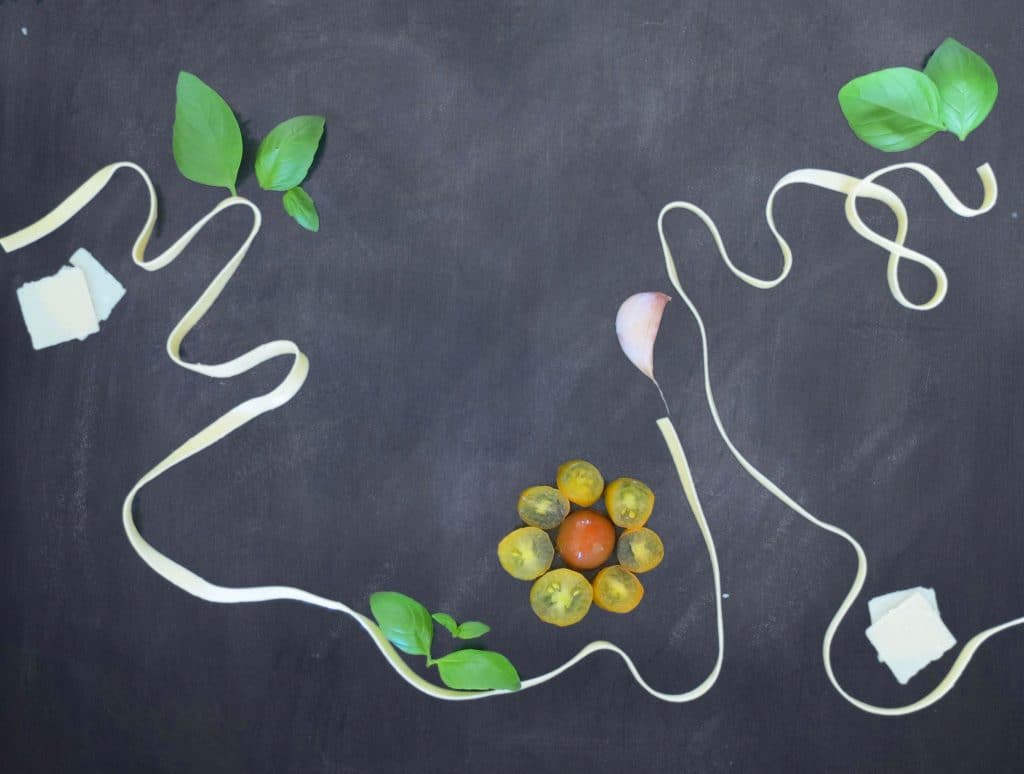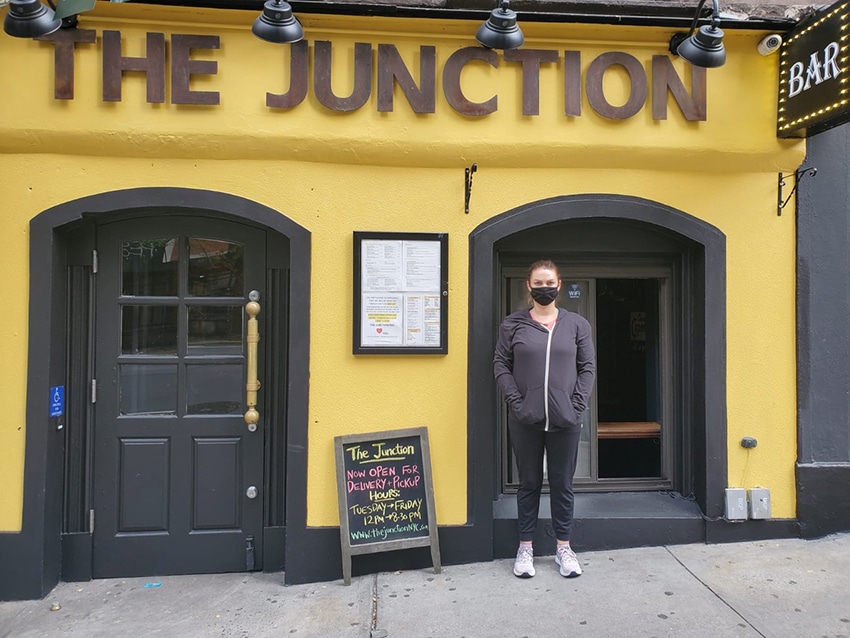
The COVID-19 health crisis has brought on an economic crisis rapidly exacerbating an ongoing food security and nutrition crisis at global level. The restrictions triggered by COVID-19 have highlighted the fragile nature of people’s access to essential goods and services. Access to fresh food produce, especially for those most vulnerable in our society has been a particular challenge.
Farmers Markets, community gardens, allotments and commercial market gardens are essential elements of a resilient local food supply system by supplying locally grown food and employing local famers and urban growers. As COVID-19 restrictions begin to ease, it is necessary to identify ways to support existing community gardens and allotments and to expand this network of community growing and distribution across the city. It will also be necessary to find ways to support commercial organic market gardeners near to Cork City that produce high quality, accessibly priced, fresh produce.
Cork Food Policy Council sees the COVID-19 crisis as a turning point towards building a more resilient, sustainable and local food system for Cork and they are teaming up with a number of European Cities to explore the impact COVID-19 has had on food systems. The Cork Food Policy Council is a non-statutory group of food system representatives working towards an inclusive, fairer, healthier and more sustainable food system for everyone.
‘We want to identify what adaptation measures have been taken, and we wish to review the experiences of different agencies, organisations, and community groups across Cork in response to the challenges of access to and distribution of food during this period’ said Janas Harrington, Chair of the Cork Food Policy Council. ‘Since the declaration of the pandemic, the closure of our schools and universities and the subsequent lockdown of all but essential services has occurred across the country. In light of this it is important to consider what challenges and opportunities have arisen for the Cork food system’ she continues.
As with any severe disruption, collapse of some systems, innovation in others, and total reorganisation of some will have to occur. The question remains: Has the crisis offered a glimpse of hope for a more resilient food system?
‘Communities have come together to plug gaps in food systems, we have witnessed an immense outpouring of community spirit and willingness to help the most vulnerable in our community, from those cocooning to those living with homelessness’ said Cork Food Policy Coordinator Maria Young.
A number of innovative ways to distribute food to vulnerable groups have been developed including:
- Direct delivery of food by retailers,
- The involvement of sporting organisations in the delivery of food
- Provision of food hampers by charitable organisation and schools,
- Provision of food to charitable organisation from food hubs
- Provision of take away services by various organisations.
- Continued contribution and development of Meals on Wheels capacity within communitynetworks across the city and county.
There has been positive behaviour changes in terms of an increase in food preparation in the home and home baking, evidenced by the shortage of flour in stores over the course of the lockdown. There is evidence also of a big growth in demand for seed, for the growing of food in home gardens. Cork Food Policy Council is keen to build on these positive changes and future- proof the Cork food system to ensure a resilient and sustainable local food system for all.
‘One way to do this is to develop a culture where community gardens and allotments are seen as the norm rather than the exception and where farmer’s markets are accessible to all, rather than perceived as a middleclass luxury” concluded Janas Harrington, Chair of the Cork Food Policy Council “. In this regard, the Cork Food Policy Council welcomes the lifting of the restrictions to allow farmers markets, a key cog in a local resilient food system, to resume business in line with the Public Health recommendations for safe working environments and the social distancing guidelines.
To take part in the survey go to:
The NGO Let’s Food was created at the start of the Let’s Food Cities project. Its aim is to raise awareness for and support local governments around the world as they pursue a shift to sustainable, territory-based food systems, using international cooperation between cities as leverage. The association was born of a shared desire to create a participatory project centred on sustainable food systems in urban settings, a multi-faceted topic which lies at the heart of our vision for a renewed, solidarity-based society that is viable for future generations.
In the framework of the Milan Urban Food Policy Pact, the Let’s Food Cities project aims to encourage cities transition towards sustainable territorial food systems by promoting the exchange of good practices.


